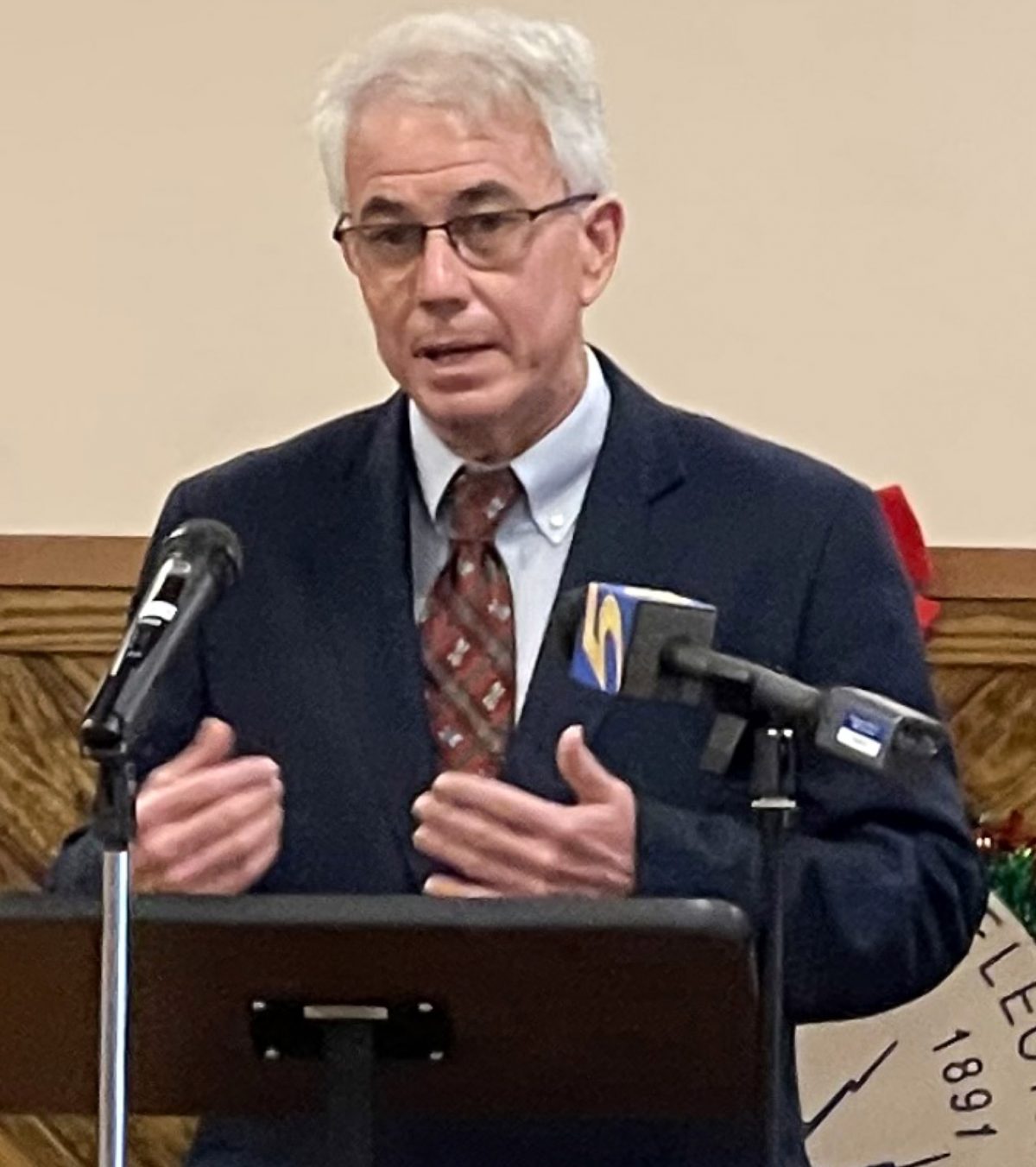A Republican state senator from Memphis contends post-conviction challenges in capital murder cases should be handled by the state attorney general, not local district attorneys, despite a court ruling against the bill he passed.
“Because the attorney general handles all other aspects of the appeals process in capital cases, it is more efficient for collateral challenges to stay within the attorney general’s office, which already has extensive experience with the case,” state Sen. Brent Taylor said.
The first-term Memphis Republican sponsored the bill this year to put those responsibilities under the state attorney general, sparking a lawsuit by Memphis defense attorney Robert Hutton and Shelby County District Attorney Steve Mulroy. They argued the law is unconstitutional because it removes the local district attorney from the equation and puts the state attorney general in charge of collateral challenges, which involve judicial re-examination of judgments or claims outside the direct review process. (Photo: Brent Taylor for Senate)
Shelby County Criminal Court Judge Paula Skahan ruled recently that the new law removing local district attorneys from death penalty post-conviction matters is unconstitutional. She also determined that the General Assembly failed to give proper public notice about the law but did not rule on a question of voting rights in the case.
The attorney general’s office is set to file a challenge by early August with the Tennessee Court of Appeals. The Tennessee Supreme Court could hear the case at some point.
“We respectfully disagree with the court’s decision and look forward to seeking clarity at the appellate level. Ensuring the adversarial system remains fully engaged over the life of a capital case is our obligation to the victims’ families because no family should be deprived of justice,” AG’s office spokesperson Elizabeth Lane Johnson said.
Hutton, who is representing Larry McKay in a death penalty case dating to 1982 reportedly filed a petition in March claiming new evidence could change the conviction. McKay and Michael Eugene Sample were convicted of two counts of felony murder for the shooting deaths of two Shelby County store clerks in a 1981 robbery.
Initially written to deal with a yearlong backlog of rape kits, Taylor’s legislation was amended to hand collateral review cases to the state attorney general, which Mulroy and Hutton claim removes the authority of locally-elected district attorneys and gives it to the state’s top attorney.
State Sen. Raumesh Akbari of Memphis, who leads the Senate Democratic Caucus, spoke against the measure on the Senate floor this year and continues to raise questions. She points out that Democrats told Republicans they were pushing an unconstitutional measure stripping people of their “right to local control” over death penalty cases.
“Now a state court is telling them the same,” Akbari said in a statement. “By eliminating the power of locally elected prosecutors to manage these cases, this law undermines the very essence of democracy and denies communities of their voice in matters of life and justice.”
Taylor, however, pointed out that “collateral challenges” usually take place well into the appeals process and said it is “cumbersome and disjointed” for a district attorney unfamiliar with a decades-old case to handle it.
“Additionally, by keeping the entire appeals process within the attorney general’s office, the law aims to improve transparency for victims’ families who have existing relationships” with lawyers in the attorney general’s office, Taylor said.
House Majority Leader William Lamberth, a former assistant district attorney in Sumner County, sponsored the bill originally, and Taylor signed as Senate sponsor. Lamberth could not be reached for comment.
Tennessee Lookout is part of States Newsroom, a network of news bureaus supported by grants and a coalition of donors as a 501c(3) public charity. Tennessee Lookout maintains editorial independence. Contact Editor Holly McCall for questions: info@tennesseelookout.com. Follow Tennessee Lookout on Facebook and Twitter.
